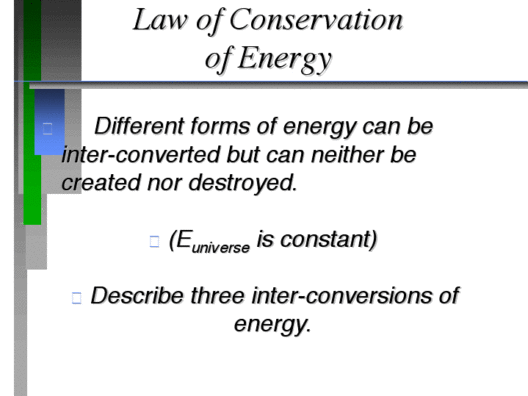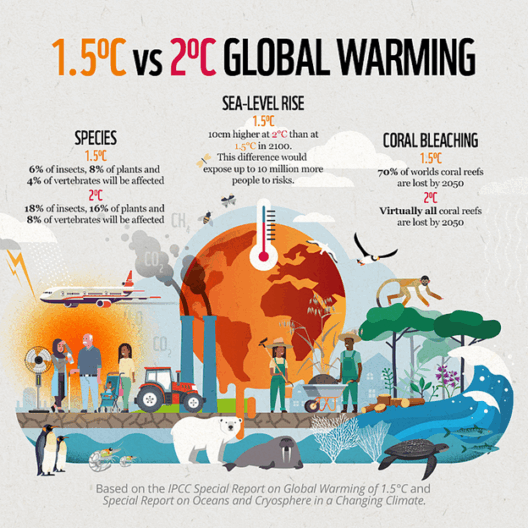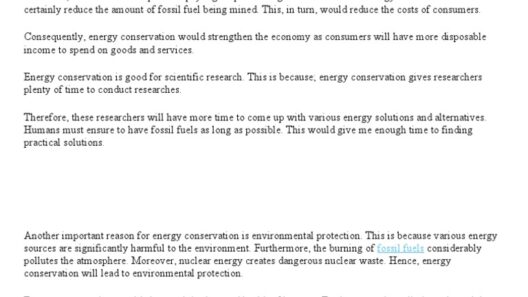The decision to cancel a Duke Energy Conservation Plan is one that many individuals ponder as they assess their energy consumption habits and environmental impact. Understanding the nuances of this process is vital for those who wish to make informed choices about their energy usage and footprint.
First, it is essential to recognize what a Duke Energy Conservation Plan entails. These programs are designed to promote energy efficiency and conservation among consumers. By participating, individuals can reduce their energy bills while contributing to broader environmental goals. However, circumstances may change, leading one to consider exiting such a program. Before delving into the specifics of cancellation, it is prudent to understand the motivations that may prompt this decision.
Common motivations for canceling a conservation plan may include dissatisfaction with the program’s offerings, changes in financial status, or a shift in personal or household energy requirements. In some cases, customers may find that the program does not align with their evolving values or needs. Furthermore, rigorous tracking of energy consumption and behavioral adjustments can feel burdensome for some participants, potentially leading to feelings of exclusion from simpler energy usage routines.
Once the decision to cancel has been made, there are several essential steps to follow. Communication with Duke Energy is crucial. Customers can initiate the cancellation process by reaching out to the customer service department. This interaction can primarily occur via the official Duke Energy website, where contact numbers and online chat options are readily available. It is advisable to have relevant information at hand, including your account number and personal identification details, to expedite the process. This can result in a more seamless conversation with customer support representatives who handle cancellations.
In many instances, it is beneficial to preempt any potential questions or discussions by preparing a list of specific reasons for cancellation. Articulate feedback can enhance the dialogue, and it may contribute positively to future program adjustments. Utility companies, including Duke Energy, often appreciate consumer input to enhance their offerings. Though providing feedback is not mandatory for cancellation, it reinforces a culture of open communication and may influence the utility’s approach to customer service and program design.
Moreover, registered account holders may have the option to manage their plans through an online customer portal. This virtual interface typically allows customers to view their current plans, historical energy consumption data, and any active conservation commitments. It may include an option to cancel the conservation plan, further simplifying the process. When navigating the online portal, adhere to the prompts and read all notifications carefully to ensure cancellation is executed correctly and comprehensively.
However, cancellation does not imply an immediate termination of conservation benefits. Depending on the specific terms and conditions of the conservation plan, individuals may experience a grace period that allows them to either reconsider their decision or prepare for a transition back to regular energy usage. Consequently, understanding the intricacies of Duke Energy’s policy on cancellations is vital. Interested parties should closely examine their contracts or reach out for clarification on any lingering questions surrounding cancellation timelines and potential repercussions.
It is pertinent to consider residual impacts following cancellation. Will energy bills increase? Are there any penalties or fees associated with discontinuing participation? Anticipating these questions ensures that customers can navigate potential changes without undue surprise. Furthermore, evaluating the conservation strategies adopted prior to cancellation can provide insights into what energy-saving measures may still be beneficial. Practices like turning off unused appliances, utilizing energy-efficient light bulbs, and optimizing heating and cooling systems can still be implemented to maintain an environmentally conscious lifestyle.
An often-overlooked aspect of cancellation is the emotional journey that accompanies it. Many participants form a connection to the principles of conservation, often driven by a desire to protect the environment. Canceling a conservation plan may evoke feelings of guilt or conflict. Balancing these emotions with practical decision-making is crucial. Those who feel torn may benefit from consulting with supportive friends or family who understand their passion for environmental stewardship.
Finally, it is vital to acknowledge the broader implications of individual actions on collective environmental goals. While personal conservation plans play a role in energy efficiency, systemic changes are needed to combat climate change comprehensively. Advocacy for improved policies, support for green technologies, and engagement in community-based sustainability initiatives are ways to maintain momentum in reducing ecological footprints, even after canceling a formal conservation program.
In conclusion, while canceling a Duke Energy Conservation Plan may seem a straightforward decision, it is enveloped in layers of personal, environmental, and financial considerations. Understanding the proactive steps involved, along with a nuanced perspective on energy conservation habits, prepares individuals for a thoughtful transition. Armed with knowledge and an awareness of potential impacts, customers can navigate their energy choices with confidence, fostering a legacy of sustainable living beyond the cancellation of any single program.








